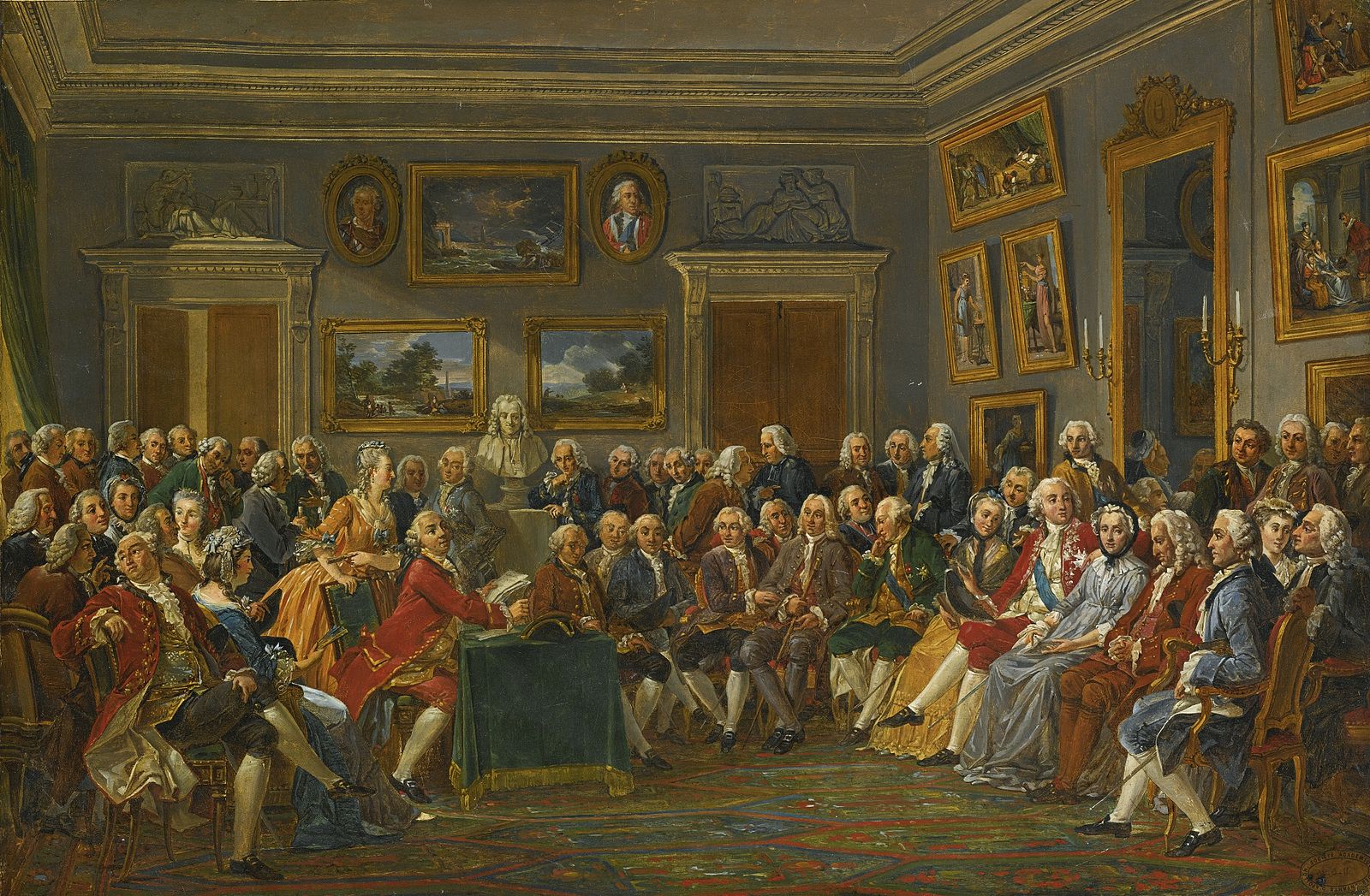Call for Proposals: 2022 FIRE Faculty Network Conference
FIRE is pleased to once again invite proposals for its Faculty Network Conference. The 2022 FIRE Faculty Network Conference will take place at the University of Southern California from October 20-22, with primary conference sessions taking place Friday and Saturday, October 21 and 22.
The call for proposals is open to all faculty regardless of status (e.g., tenured, tenure-track, adjunct), in addition to advanced graduate students.
As in previous years, this year’s conference consists primarily of presentations of papers submitted for consideration by faculty through an open call process. FIRE welcomes proposals on a wide array of topics related to academic freedom and freedom of expression in American higher education.
FIRE’s Faculty Network Conference is smaller than many other academic conferences, generally bringing around fifty to sixty professors from institutions around the country for two days of discussions. There are no breakouts or concurrently running sessions at our conference. The undivided attention given to each discussion affords each presentation the opportunity for rigorous discussion in an atmosphere of mutual respect.
The conference is also highly interdisciplinary in nature, and faculty in all disciplines are encouraged to apply. FIRE welcomes and encourages research taking a variety of approaches to its chosen subject. Presentations at previous conferences have included quantitative studies, law review articles, and critical essays, to name just a few. The organization aims to present work at the conference that speaks to the various challenges to academic freedom’s present and future, both from inside and outside the academy.
The published volumes from previous conferences will give an idea of the variety of ideas and approaches FIRE hopes to showcase at the conference. (FIRE expects to publish a volume based on the papers presented at our 2021 Faculty Network Conference later this spring.) Additionally, some of these issues are chronicled in our year-end report on FIRE’s faculty advocacy in 2021.
Faculty whose papers are accepted for presentation will present their work as part of a moderated discussion that will include responses from one or more selected panelists, followed by Q&A with attendees. Presenters will receive an honorarium of $3,000 for the presentation of their papers, in addition to reimbursement for travel and lodging. (In the case of papers with more than one author/presenter, the honorarium is split in a manner of the presenters’ choosing.)
Panel Submissions:
In addition to soliciting proposals for academic papers, FIRE is also happy to consider proposals for fully-assembled panel discussions on particular topics of interest to the conference. These do not necessarily require the furnishing of a completed academic paper for the conference, but panel proposals should include a complete list of panelists, a description of the panel’s topic and its relevance to the Faculty Network Conference, and a breakdown of each panelist’s role complements the discussion. Interdisciplinary panel proposals are encouraged. If a panel proposal is accepted, the panelists will receive a total honorarium of $3,000, divided in a manner of their choosing, in addition to compensation for travel and lodging at the conference.
Proposal Instructions:
Applicants to present at the FIRE Faculty Network Conference are asked to provide the following:
- An abstract of up to roughly 300 words for the proposed presentation. Applicants may include partially or wholly completed drafts of proposed works, but this is not required; FIRE welcomes proposals for works at all stages of the research and writing process.
- A current CV
- Brief descriptions of the relevance of your proposal to the conference, and the resources you draw upon, or plan to draw upon, in your work.
Click here to learn more and apply >>
The submission deadline has been extended to July 8, 2022.
About the organization:
The Foundation for Individual Rights in Education’s mission is to defend and sustain the individual rights of students and faculty members at America’s colleges and universities. These rights include freedom of speech, freedom of association, due process, legal equality, religious liberty, and sanctity of conscience—the essential qualities of liberty. FIRE educates students, faculty, alumni, trustees, and the public about the threats to these rights on our campuses, and provides the means to preserve them.
Click here to learn more about FIRE >>
View JMC’s entire list of academic opportunities on the Academic Opportunities page >>
![]()
![]() Follow us on Facebook and Twitter for updates about lectures, publications, podcasts, and events related to American political thought, United States history, and the Western political tradition!
Follow us on Facebook and Twitter for updates about lectures, publications, podcasts, and events related to American political thought, United States history, and the Western political tradition!
Want to help the Jack Miller Center transform higher education? Donate today.
